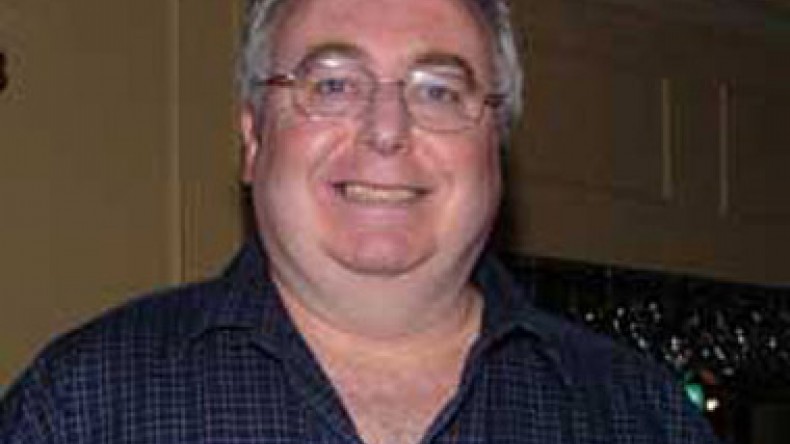
West pits Sunni against Shia in Iraq - Edward Corrigan
Press TV has conducted an interview with Edward Corrigan, international human rights lawyer from Ontario about the issue of car bombings and shootings in Iraq where 75 people have recently been killed in Shia districts.
- How do you explain the latest wave of terrorist attacks in Iraq?
- My view is that there are outside parties that want the Shia and the Sunni to fight against each other and to distract them from other issues: the Palestinian issue, the Western intervention, the Middle East control over oil.
So there are people who are trying to fabricate incidents to try to get the two groups fighting and of course there are people in the Sunni community, the Shia community who fall into the trap who respond and retaliate.
I remind your viewers there were several British soldiers captured in a car dressed up as Arabs who had explosives and weapons in their car. They were arrested by the police that were aligned with the Iraq government installed by the Americans. But then the British broke into the prison in Basra with a tank and broke these people out because they didn’t want them questioned there.
And there have been numerous other reports of people trying to create incidents or set off bombs that were part of pitting the Sunni and the Shia against each other and also in fact other groups.
So, other people are agreeing with this polity and who want to destroy Iraq and there are outside parties trying to pit the different people and communities within Iraq against each other.
But the end result is the same; it is the destruction of the state and the creation of chaos, which allows outside powers to exploit the situation.
And of course there is a concerted effort on the part of a number of parties: the Israelis, the British, the Americans, the French to have a secular sectarian war in Syria, which of course would spin off into Iraq; and also to break up Lebanon, to destroy Hezbollah, which is the one group that actually successfully resisted the Israeli attack on that country.
- Is there anything significant about the timing of these terrorist incidences and who benefits from it?
- Who benefits is of course the key issue. It’s really not the people of Iraq, it’s not the Sunnis, it’s not the Shia. It is external powers that want to exploit and create division. Those are the parties that benefit.
The destruction of Iraq doesn’t serve any interests in Iraq and pitting the Sunnis and Shias isn’t in the interests of Iranians or the Shia-majority population in Iraq or the large Shia population in Syria and Lebanon. So there is a concerted effort to pit these two groups together.
And the benefit is certainly not for the people in the region it’s for external powers who want to see the region weak and destroyed and put into small state-lets and to pit the different communities against each other.
Part of this is targeted against Iran, which is majority Shia and also supports independent policy for the region. Certainly the large Shia population in Iraq is now in power and there are people maybe legitimately attacked, but certainly being provoked and provided arms.
Of course we have to remind the viewers - I’m sure most of them know - that it was actually the United State and British intelligence that was behind the creation of al-Qaeda, which just means that the database of Sunni fundamentalists that they can use to attack regimes. Example: I guess in Yugoslavia the attempt to use the Muslim Salafists to activate and create problems in Russia and also in China.
So, clearly the bulk of it is external powers trying to manipulate.
But some people do fall into the trap an react. But they should learn that the intent is to destroy Iraq. Who benefits?
It’s certainly not the people in the region, it’s not Iran, it’s not Iraq, it’s not the people of Syria, which are now witnessing the destruction of their state and where there has been attempts to provoke similar sectarian conflict in Lebanon.
Newsfeed
Videos






























